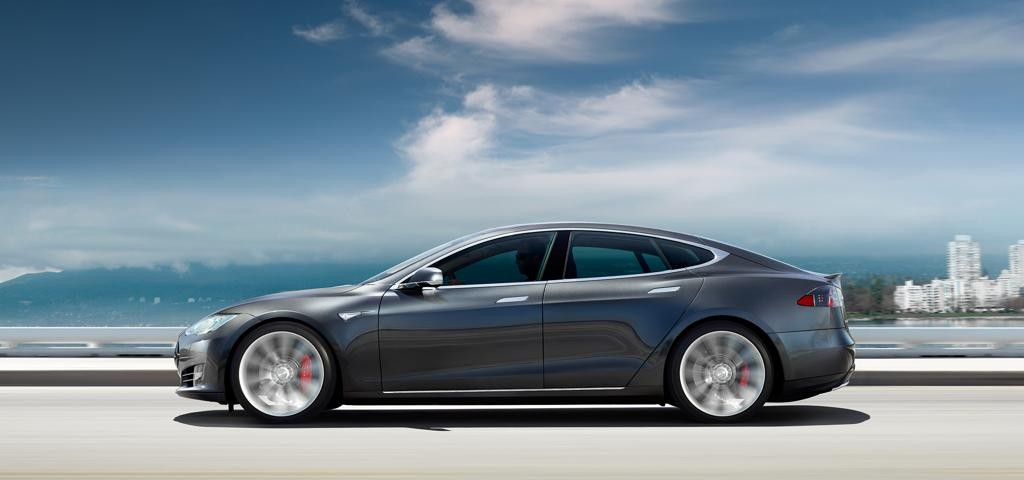As the global automotive market accelerates towards a more sustainable future, 2023 is shaping up to be a pivotal year. According to Bloomberg Green, electric vehicle (EV) sales are projected to surpass 14 million units worldwide by the end of the year, underscoring a significant shift in consumer preference. But where does this leave hybrid and traditional gas-powered cars? This article will delve into the evolving landscape of EVs, hybrids, and gas cars, exploring their market dynamics and what consumers can expect moving forward.
The Rise of Electric Vehicles (EVs)
EV Market Expansion and Innovation
Electric vehicles have gained substantial traction, with brands like Tesla, Rivian, and BYD leading the charge. The International Energy Agency (IEA) reports that EVs accounted for nearly 20% of new car sales in 2023. This growth is driven by advancements in battery technology, increased charging infrastructure, and government incentives.
- Battery Technology: Recent innovations in lithium-ion and solid-state batteries have significantly improved EV range and charging times. Companies like Rivian and Lucid Motors are pushing the envelope with ranges exceeding 500 miles per charge.
- Charging Infrastructure: The expansion of fast-charging networks by companies like ChargePoint and Tesla’s Supercharger network makes owning an EV more convenient than ever. By the end of 2023, over 1 million public charging points are expected to be available globally, as reported by Reuters Mobility.
Why Choose an EV?
Electric vehicles offer several advantages over hybrids and gas cars:
– Zero Emissions: EVs produce no tailpipe emissions, contributing to cleaner air and reduced carbon footprints.
– Lower Operating Costs: With fewer moving parts, EVs require less maintenance, saving owners on repairs and servicing.
– Government Incentives: Many countries offer tax credits and rebates to EV buyers, making them a more financially attractive option.
The Steady Appeal of Hybrids
Hybrid Cars: Bridging the Gap
While EVs are gaining momentum, hybrids remain a popular choice for those not ready to go fully electric. Brands like Toyota and Hyundai continue to innovate with models like the Prius Prime and Ioniq Hybrid, appealing to consumers seeking a balance between efficiency and range.
- Fuel Efficiency: Hybrids combine a gasoline engine with an electric motor, delivering superior fuel economy compared to traditional gas cars. For instance, the Toyota Prius Prime offers an impressive 133 MPGe.
- Extended Range: With both an electric and gasoline powertrain, hybrids offer a greater driving range, reducing the need for frequent refueling or charging.
Why Choose a Hybrid?
Hybrids serve as an excellent transition for those hesitant to adopt full EV technology:
– Best of Both Worlds: Experience the benefits of electric driving without range anxiety.
– Wider Availability: Hybrids are widely available and often priced lower than EVs, offering an accessible entry point into greener driving.
Gas Cars: Declining but Not Defunct
Gas-Powered Vehicles: Still Relevant?
Despite the push towards electrification, gas cars continue to hold a significant market share, especially in regions with less developed EV infrastructure. Brands like Ford and Nissan are still producing popular gas models, catering to consumers valuing traditional performance and convenience.
- Performance: Gas cars often deliver superior performance for high-speed and long-distance driving compared to early EVs.
- Infrastructure: The existing network of gas stations makes fueling convenient and quick, something that EVs are still catching up to.
Why Choose a Gas Car?
- Immediate Refueling: Quick and widespread refueling infrastructure makes long trips seamless.
- Lower Initial Cost: Generally, gas cars have a lower purchase price compared to EVs and hybrids.
Practical Considerations for Buyers
How to Decide: EVs, Hybrids, or Gas Cars?
When choosing between an EV, hybrid, or gas car, consider the following:
1. Driving Habits: Frequent long-distance commuters might prefer hybrids or gas cars, while city dwellers could benefit from EVs.
2. Budget: Factor in initial costs, potential incentives, and long-term savings from reduced fuel and maintenance.
3. Infrastructure: Consider the availability of charging stations or gas stations in your area.
Where to Buy and What to Compare
- Dealerships and Online Retailers: Brands like Tesla offer direct-to-consumer sales online, while traditional dealerships provide a hands-on experience.
- Compare Models: Use tools from AutoCar or InsideEVs to compare specifications, pricing, and reviews of different models.
Conclusion: Looking Ahead
In 2023, the automotive market is more diverse than ever, offering consumers a range of options from EVs to hybrids and gas cars. As battery technology and charging infrastructure continue to improve, the appeal of EVs is likely to grow. However, hybrids and gas cars will maintain their relevance for specific consumer needs.
What type of vehicle aligns with your lifestyle and values? As technology advances and market dynamics shift, staying informed will empower you to make the best choice. Keep an eye on emerging trends and innovations—2024 promises to be another exciting year for automotive enthusiasts.

